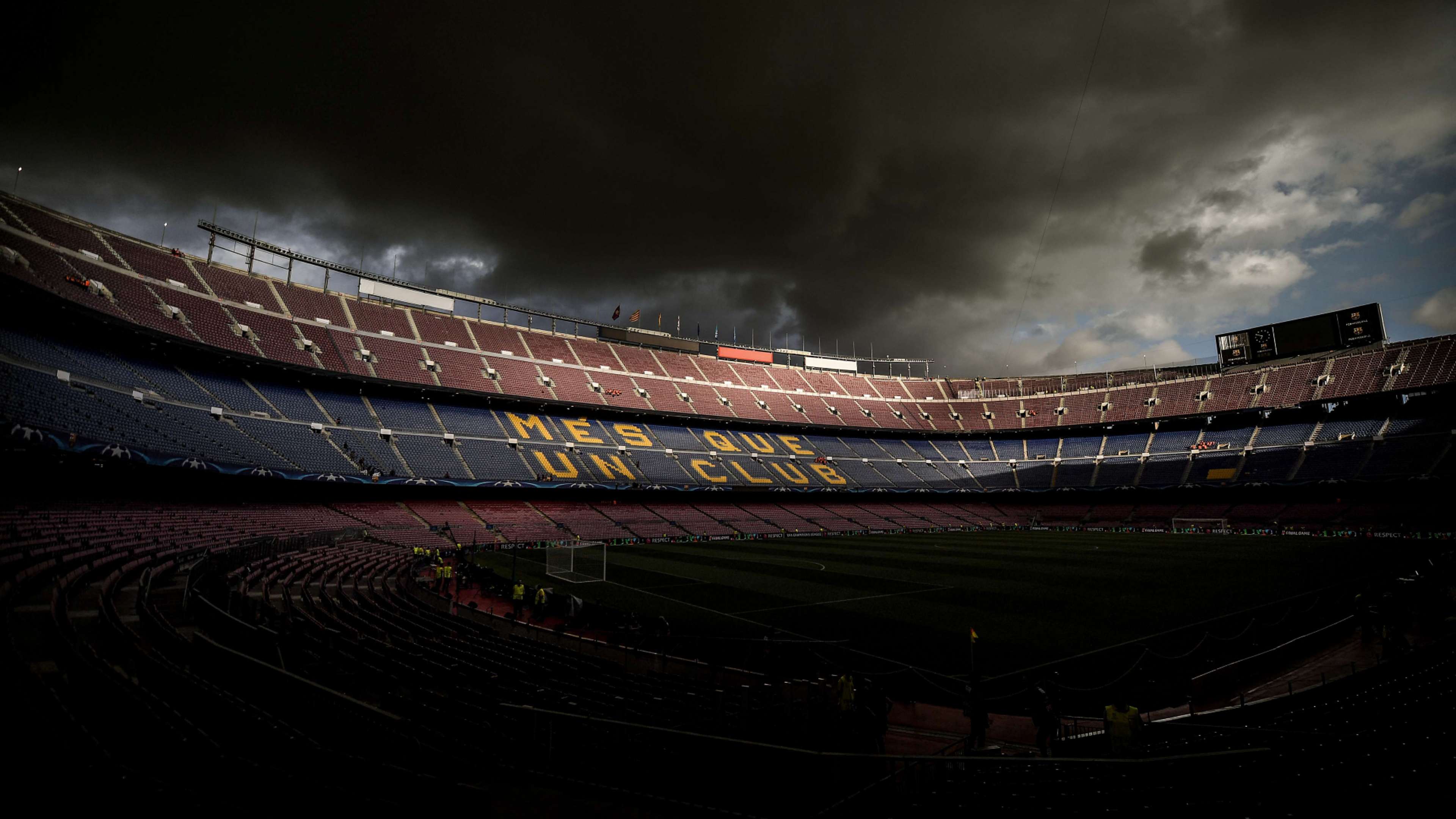Barcelona are having to rebuild on and off the field at present, with financial struggles away from the pitch impacting results on it as a side currently working under the guidance of club legend Xavi seek to rekindle former glories.
Much-publicised monetary difficulties have been doing that cause few favours, with the Liga heavyweights having to part with seven-time Ballon d’Or winner Lionel Messi in the summer of 2021 as they were unable to hand him a new contract.
Ronald Koeman then went on to pay the price for inconsistency at home and abroad with his job as coach, with the Blaugrana looking to restore foundations on which future success can be built. How big is that task and what debts are the Catalan giants still carrying? GOAL takes a look...
How much debt does Barcelona have?
Barca president Joan Laporta revealed in August 2021, shortly after Messi’s emotional departure to Paris Saint-Germain, that the club’s debts had risen to €1.35 billion (£1.13bn/$1.42bn).
Tying the Argentine icon to another lucrative contract would have pushed them above a salary cap that La Liga are prepared to deem acceptable, with serious cost-cutting measures needing to be put in place.
Laporta said after returning to office at Camp Nou as successor to the ousted Josep Maria Bartomeu: “Our salaries represent 103% of the club's total income, that's 20-25% more than our competitors.
“The first thing we had to do when we arrived was to ask for a loan of 80m euros because, otherwise, we could not pay the salaries. The previous regime was full of lies.
“Barcelona has a negative net worth of 451m euros - it is a terrible inheritance. What has been happening is very worrying.”
Barca’s debts included almost €390m (£334m/$412m) in player salaries, more than €670m (£574m/$708m) owed to banks, while the global coronavirus pandemic cost them roughly €91m (£78m/$96m).
The club had losses of €481m (£412m/$508m) for the last year, leaving them with a negative net worth of €451m (£386m/$477m) – with revenue down 26 per cent in 2020-21 to €631m (£541m/$667m).
Laporta has worked to reduce salaries by about €200m (£171m/$211m), with Messi departing while the likes of Gerard Pique, Jordi Alba and Sergio Busquets have agreed to reductions in their respective wage packets.
Samuel Umtiti is another to have signed reduced terms, while Brazilian playmaker Philippe Coutinho was loaned out to Aston Villa in January and 18-year-old winger Yusuf Demir saw a loan agreement with Rapid Vienna ripped up.
Are Barcelona still able to sign players?
Restructuring at Camp Nou allowed deals to be done for Ferran Torres, Adama Traore and Pierre-Emerick Aubameyang during the winter transfer window, while Dani Alves was also registered following his return to the club.
There is the potential for more signings to be made over the summer, with Barca being linked with a number of big names from across Europe while Danish defender Andreas Christensen appears set to arrive as a free agent from Chelsea.
Moves can be made as Laporta continues to reorganise things behind the scenes as part of a five-year plan.
He has refinanced the club’s debt with Goldman Sachs in a loan of more than €500m (£428m/$528m) that gives the club “breathing space and does not take anything from the members’ pockets”.
A €1.5bn (£1.28bn/$1.59bn) plan to upgrade Barca’s famous Camp Nou home was also approved at a general assembly last year, with the club set to move down the road to the 1992 Olympic Stadium in 2023-24 while those building works are carried out.
It was also revealed in April that a deal has been done with streaming company Spotify – which will include shirt sponsorship and stadium naming rights – that is reportedly worth over €280m (£240m/$296m).



